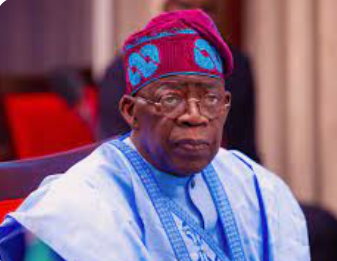
DEEP concerns on Nigeria’s ineffective local government system are back on the front-burner. A non-governmental organisation, the Socio-Economic Rights and Accountability Project, set the tone by filing a lawsuit against state governors and the FCT Minister to disclose the accruals to the LGs. Before the dust settled, a national newspaper reported the way governors are violating the Supreme Court judgement that only elected officials should man LGs. The two developments capture the rot and poor development indices at the grassroots in Nigeria.
In its crusade for a better society, SERAP on February 23 requested a Federal High Court in Abuja to compel the governors and the minister to publish the “details of LGA allocations and actual disbursement of the allocations to local governments in their respective states from 1999 to date.” The NGO estimated the allocations to date at N40 trillion.
This is a lot of money. Worse, there is little to show for it. In December 2022, the then president, Muhammadu Buhari, accused governors of pocketing half of the monthly allocations, while the LG chairmen cornered the rest.
Buhari’s solution was to enact a law on LG autonomy. As expected, it has not worked as the governors are still firmly in control of the LGs in their domains. In part, the new law is failing because governors appoint mostly their lackeys to head the LGs.
In states that hold LG polls, the ruling party clears more than 90 per cent or all the seats. These are largely sham elections, far worse than the ones organised by the Independent National Electoral Commission. In Nigeria’s rentier political system, it is difficult for these handpicked officials to disobey such governors.
The second issue is closely related. In contravention of a December 2016 Supreme Court judgement that ousted the powers of governors to run LGs with appointed officials, about a half of the 36 states are still in violation. Instead of elected officials, their appointees run the councils.
This is reportedly affecting 349 or nearly half of the 774 LGAs in 18 states. In December, this prompted a senator to request that the Federal Accounts Allocation Committee withhold the income due to the concerned LGs.
These days, LGs are a shadow of themselves. The governors have hijacked the main functions listed for them in the Fourth Schedule of the Constitution, including the control and regulation of shops/kiosks, outdoor advertising and hoarding, markets, and provision of primary education.
Furthermore, the governors control the Joint Account of the two tiers of government, rendering them unable to provide essential services.
The major impediment to an effective LG system is Nigeria’s flawed political system. The 1999 Constitution goes against the tenets of federalism by legalising LGs as the third tier of government. This is unwise and will not work. In other federal entities, LGs are under the control of the sub-national governments, and they create and maintain such as they deem fit.
The Brittanica says there are 85,000 LGs in the United States, known mostly as counties and municipalities. As of mid-2019, there were 267,283 LGs in India, with 262,834 in rural and 4,449 in urban centres. President Bola Tinubu’s creation of 37 local council development areas when he was governor of Lagos State (1999-2007) has not been recognised by the constitution.
Therefore, to build a virile LG system, the stakeholders, especially the National Assembly, which is amending the 1999 Constitution, should abrogate that provision that makes them the third tier of government. The new amendment should grant express powers over LGs to the federating units. When states fund their LGs without federal allocations, they will make them accountable and effective.













